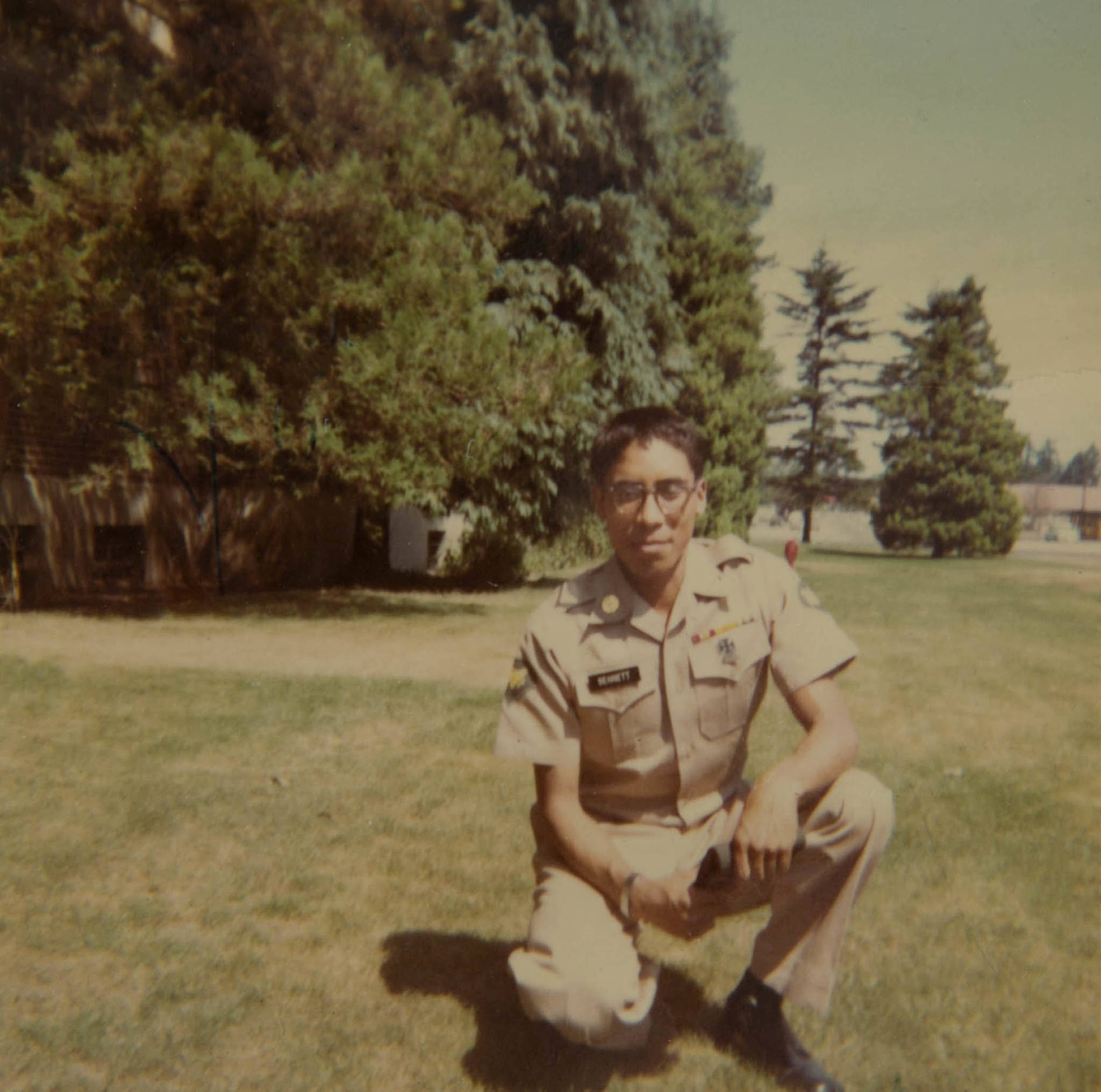It’s been the mission of the Huna Heritage Foundation (HHF) to perpetuate the Huna Tlingit culture and promote education for future generations, and it plans to do both of those things with the launch of its digital archive.
“We’re interested in providing this to people we know this is going to have meaning and value to, which would be our shareholders and descendants and community members,” Executive Director of HHF Amelia Wilson said.
For a time Wilson lived in Fairbanks, and while there she wanted to do some research on Hoonah. She found, however, that information was limited. This new archive would serve people like her who want to learn more about the Huna Tlingit people and Hoonah. Only last year, Wilson said she was approached by a history teacher who knew she had been working on the archive. The teacher asked her to do a presentation on local history. She did, calling it “Snapshots of Hoonah History.”
“The students really enjoyed it, seeing people who were related to them, distantly or closely, and… photos they hadn’t seen before and landscapes that have changed. There are many changes that happen within communities, and to have it documented in one place and to have access is really great for our education system,” she said.
HHF has been collecting photographs of historical and cultural relevance for the city of Hoonah and the Huna Tlingit people since its inception in the 1990s. Subject matter ranges from the arts, people, and places to activities like logging, fishing and specific events like the Hoonah fire of 1944. Now, through a grant from the Institute of Museum and Library Services, the organization is working to bring its collection online for easy access by the public. Inspiration for the project came from a survey of the HHF shareholders who wanted to offer more scholarships for those seeking post-secondary education and to expand services of the archives.
“Really, the purpose of preservation is access, right? We’ve done a great job of preserving, but like many small organizations, and even some large ones, knowing what to do with (it) and having the infrastructure in place to create that access can be a challenge,” Wilson said.
One of the challenges HHF faced was finding a platform that met its needs. While it’s HHF’s goal to share pieces of culture and history, some information should only be accessible to certain people or groups, Wilson said. It’s HHF’s goal to not only host photos but to eventually have audio and video recordings as well, but some of that might be sensitive material — like clan songs, owned by a clan, which would only be made available to people inside that clan. HHF settled on the open source platform and content management system called Mukurtu. It was developed by Dr. Kimberly Christen of Washington State University to meet the archival needs of an indigenous group in Australia, Wilson said.
“This software is grassroots, community driven, and (a) customizable site that would allow us to draw upon our Hoonah cultural protocols to direct our access levels,” she said.
The archives can now be found at archives.hunaheritage.org. The creation of this archive began in October 2016 and recently had its soft launch. HHF wants to get at least 600 photos online, and already has more than 400. The archive has photos that date back as far as the 1920s. Many of these photos came from community members. HHF is still seeking photos of historical or cultural value (donors can keep the original – HHF just makes a copy).
Hoonah resident and U.S. Army veteran Fred Bennett donated a photo of himself during his service time in Fort Lewis, Washington, during the Vietnam War. “I think it’s a big chunk of our history and needs to be out there,” he said. Hoonah has a large number of veterans from the Vietnam War. In a previous Capital City Weekly article, it was reported that in a community of less than 700 people at the time, 28 men from Hoonah shipped out, 17 saw combat, and 16 returned home, a story told in the documentary “Hunting in Wartime.”
Mary Peterson, an HHF Board of Trustees Member, was taken with the idea of a digital archive when Wilson told her about it while sharing already archived photos. Peterson decided to donate family photos of her grandmother’s involvement with Salvation Army and fundraising for the Alaska Native Brotherhood Hall. After she donated, other community members were able to help identify people in the photos that Peterson hadn’t previously been able to recognize.
“You forget about stuff that has happened or you see people you haven’t thought of in forever,” Peterson said. “… (Wilson) had pictures from a long, long time ago of stuff that had happened in Hoonah and I just thought ‘That is cool! I never knew that.’”
• Clara Miller is the Capital City Weekly staff writer. She can be reached at clara.miller@capweek.com.

